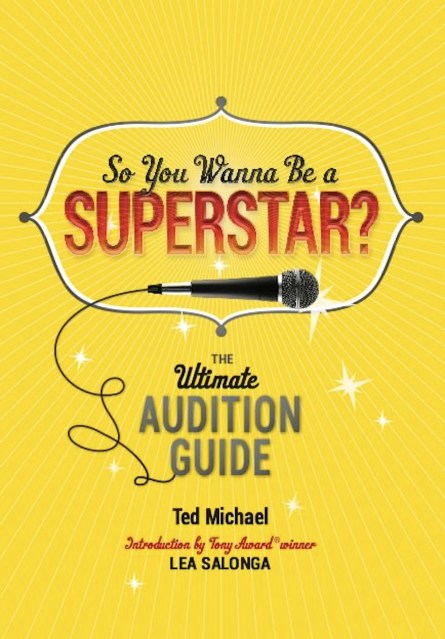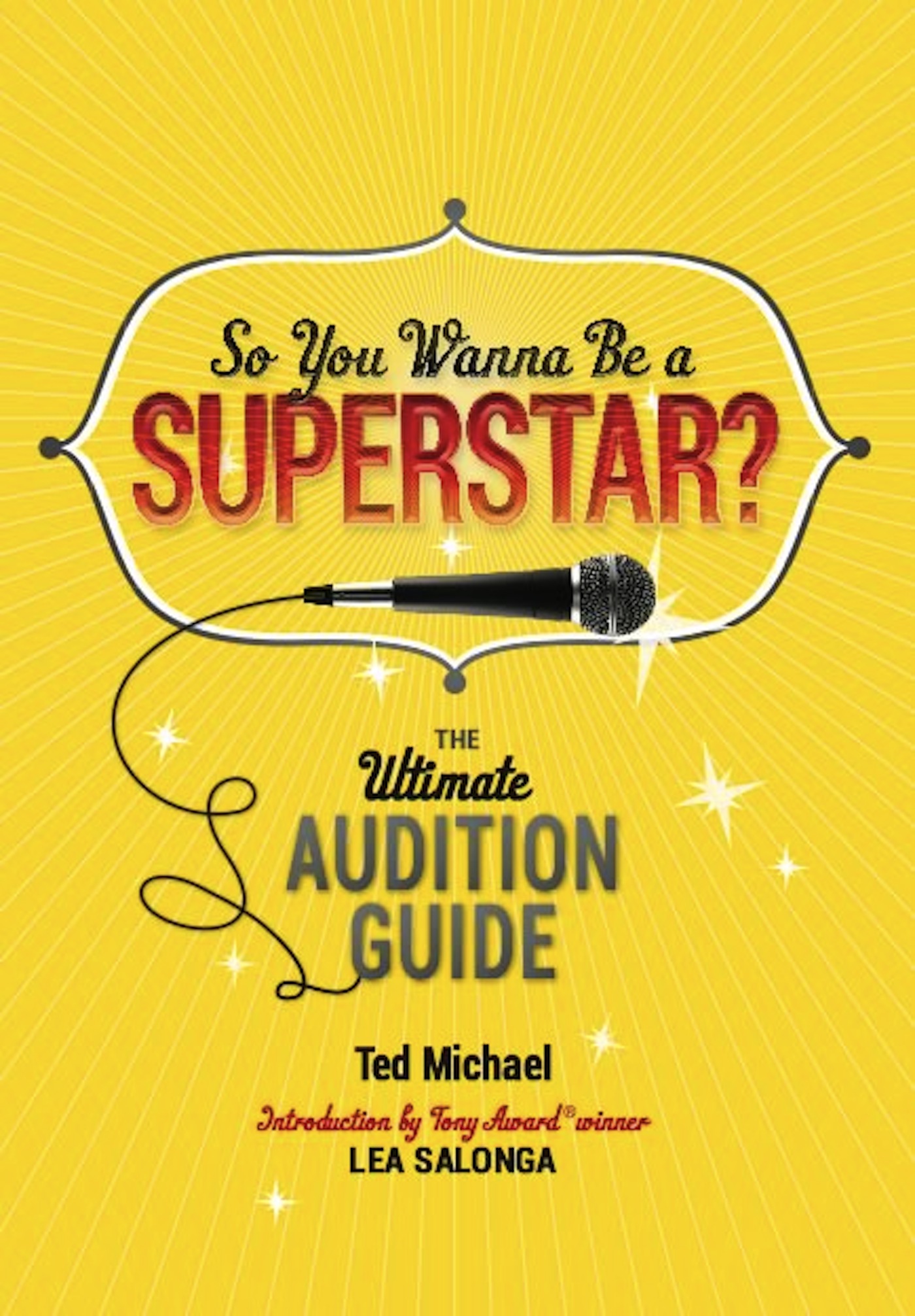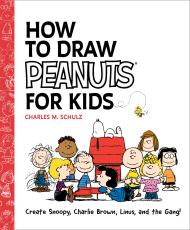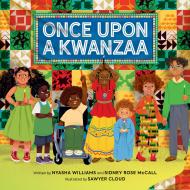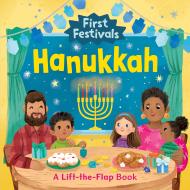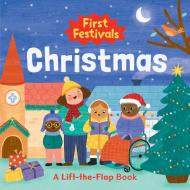By clicking “Accept,” you agree to the use of cookies and similar technologies on your device as set forth in our Cookie Policy and our Privacy Policy. Please note that certain cookies are essential for this website to function properly and do not require user consent to be deployed.
So You Wanna Be a Superstar?
The Ultimate Audition Guide
Contributors
By Ted Michael
Foreword by Lea Salonga
Formats and Prices
- On Sale
- Oct 2, 2012
- Page Count
- 152 pages
- Publisher
- Running Press Kids
- ISBN-13
- 9780762447015
Price
$8.99Price
$11.99 CADFormat
Format:
ebook $8.99 $11.99 CADThis item is a preorder. Your payment method will be charged immediately, and the product is expected to ship on or around October 2, 2012. This date is subject to change due to shipping delays beyond our control.
Buy from Other Retailers:
Author Ted Michael, a veteran of music and theater, along with the help of popular actors, actresses, and singers, provides all the tools young singers need in order to nail their auditions and nurture their natural show-stopping abilities.
Newsletter Signup
By clicking ‘Sign Up,’ I acknowledge that I have read and agree to Hachette Book Group’s Privacy Policy and Terms of Use
